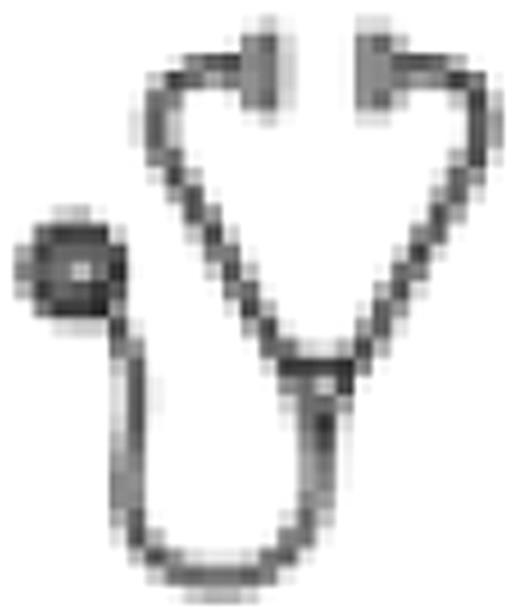Abstract
Abstract 768
Bortezomib has previously demonstrated activity in indolent lymphomas including follicular lymphoma (FL). However, the optimal schedule, dose and precise activity of bortezomib in FL remain to be investigated.
To evaluate the efficacy and tolerability of bortezomib in the treatment of advanced FL, but also using a qualitative comparison of two different dose schedules, based on safety, efficacy and dosing convenience to recommend a dose schedule for further clinical studies.
This prospective, randomized, sequential, international, multicenter, 2-arm, non-comparative, open-label, clinical study was conducted from 08–2005 to 09–2008. The eligible subjects (follicular lymphoma grade 1–3, no CNS involvement, in relapse or refractory to previous therapy, ECOG 0–2, Absolute neutrophil count > 1000 cells/mL; Platelets > 50,000 cells/mL, Aspartate transaminase < 3 × ULN; Alanine transaminase < 3 × ULN; Total bilirubin < 2 × ULN; Creatinin level < 150 μmol/L, without known previous HIV serology) were randomized to receive either treatment in a 1:1 ratio. Treatment arm A patients (pts) received 1.5 mg/m2 bortezomib administered biweekly on days 1, 4, 8, and 11 of a 21-day cycle for 8 cycles. Treatment arm B pts received 1.6 mg/m2 bortezomib administered weekly on days 1, 8, 15, and 22 of a 35-day cycle for 6 cycles. Treatment allocation was stratified according to number of prior therapies (1 or 2 versus > 2) and time to progression (TPP) for the last given anti-lymphoma therapy (≤ 12 months versus > 12 months). Responses were assessed using 1999 IWG criteria. An interim analysis was planned after 15 evaluable pts randomized in each treatment arm; if only 5 subjects or fewer respond, the treatment arm was concluded to be ineffective and the treatment arm closed to inclusion; otherwise this treatment arm proceeded to include 50 pts.
87 pts (51 [59%] men and 36 [41%] women) with median age of 65 years (range:40 to 77) were treated with bortezomib. Prior therapies were >2 in 62% and progression <12 months from last therapy in 49%. 30% previously received HDT with ASCT, and all of them were previously treated with immunotherapy. Arm B was closed to inclusion after interim analysis. After this interim analysis, the 6 patients still on therapy in this arm completed therapy according to arm A. 15/50 pts (32%) in arm A (bortezomib 1.5 mg/m2) and 8/37 pts (23%) in arm B (bortezomib 1.6 mg/m2) achieved a complete, unconfirmed complete or partial response at the end of treatment. Median duration of response was 16 (range 1–45) and 15 (1-39) months and PFS was 6 and 7.5 months for arms A and B, respectively. Most drug-related AEs (all grades, all cycles) were mild. AEs > grade 3 observed in more than 5% of pts were lymphopenia (25% both arms), thrombocytopenia (19% and 25% in arms A and B, respectively) and neutropenia (8% both arms). One pt died of possibly drug-related cardiac failure associated with hyponatremia.
This study demonstrates tolerability and durable clinical benefit of bortezomib when given at 1.5 mg/m2 biweekly on a 21 days cycle in pts with recurrent or refractory FL. These results suggest recommending this dose schedule for further clinical study.
Ribrag:LFB: Honoraria, Research Funding; servier: Research Funding; celgene: Research Funding; pfizer: Honoraria; novartis: Honoraria. Tilly:Amgen: Honoraria. Feugier:roche: Consultancy, Honoraria.

This icon denotes an abstract that is clinically relevant.
Author notes
Asterisk with author names denotes non-ASH members.

This feature is available to Subscribers Only
Sign In or Create an Account Close Modal